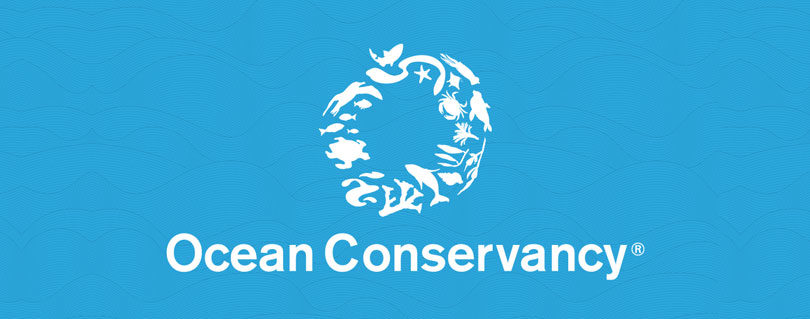The More You NOAA: How NOAA Keeps America Fishing
Published by Ocean Conservancy
By Rip Cunningham
I tend to be a “less is better” kind of guy when it comes to government. The exception is the management of natural resources like America’s sustainable fisheries.
Fishing has been my profession and passion for almost all my life. Having been a part of the recreational fishing industry for 44 years has given me insights into what allows this industry to be successful.
This is why we need to have a managing authority that focuses on long-term stability and success, one that is not swayed by partisan political plays or the lure of profit made from faulty decisions. In the United States, that responsibility falls on NOAA. And in order to be effective, the agency needs to be empowered and properly funded.
Managing our resources—a misnomer if ever there was one, because we manage users and that is no simple task. The resources would do just fine without us, and have done so for millions of years


Balancing the annual catch levels, which are regulated by law, with the needs of user groups is a constantly changing equation. It would be hard enough without the “political” and “legal” push and pull. Add those into the equation and the task becomes daunting. This is exactly why Congress created Regional Fishery Management Councils. While not perfect, the councils do a good job.
These councils cannot be successful without the support of NOAA Fisheries and the Fisheries Science Centers that provide scientific data through surveys to help inform how many fish are available for the recreational fishing community to catch. It’s this science-based information that is the foundation for important management decisions. NOAA Fisheries and the Science Centers are an important partner on research spanning from gear performance to hook selectivity and bycatch reduction. All of it benefits recreational fishermen like me.
That work requires funding. Looking at the proposed funding cuts that would impact NOAA’s budget, I am concerned about the future of fisheries. Outdoor recreation as a whole generates almost $900 billion for our economy. Sport fishing by itself is a $115 billion industry supporting over 800,000 jobs. This is no small part of the national economy. I fear that proposed cuts to the NOAA budget will deeply impact the sport fishing industry.
One thing above all else spells success for the sport fishing community: strong fish resources in our ocean. Fishing success promotes more trips and trickles up through the community. If there are cuts that impact the sustainable management of common property resources like fisheries, not only will the resource decline, so will the industry and coastal communities that depend on it.
The bottom line
Managing our resources is an important governmental function. Cutting funding is a short-term policy that will have detrimental long-term impacts. Slashing NOAA Fisheries and the Fisheries Science Centers funding will drastically limit our understanding of fish stocks. Sport fishermen and local communities depend on NOAA. We cannot afford to cut these programs.
Rip Cunningham was a member of the Massachusetts Marine Fisheries Advisory Commission and held membership there for 19 years representing the sport fishing community by supporting sustainable resources. He was appointed to the New England Fishery Management Council where he served for nine years. Cunningham was also involved with the sport fishing industry association.
The post The More You NOAA: How NOAA Keeps America Fishing appeared first on Ocean Conservancy.
Read the full article at: https://oceanconservancy.org/blog/2017/07/21/noaa-noaa-keeps-america-fishing/



